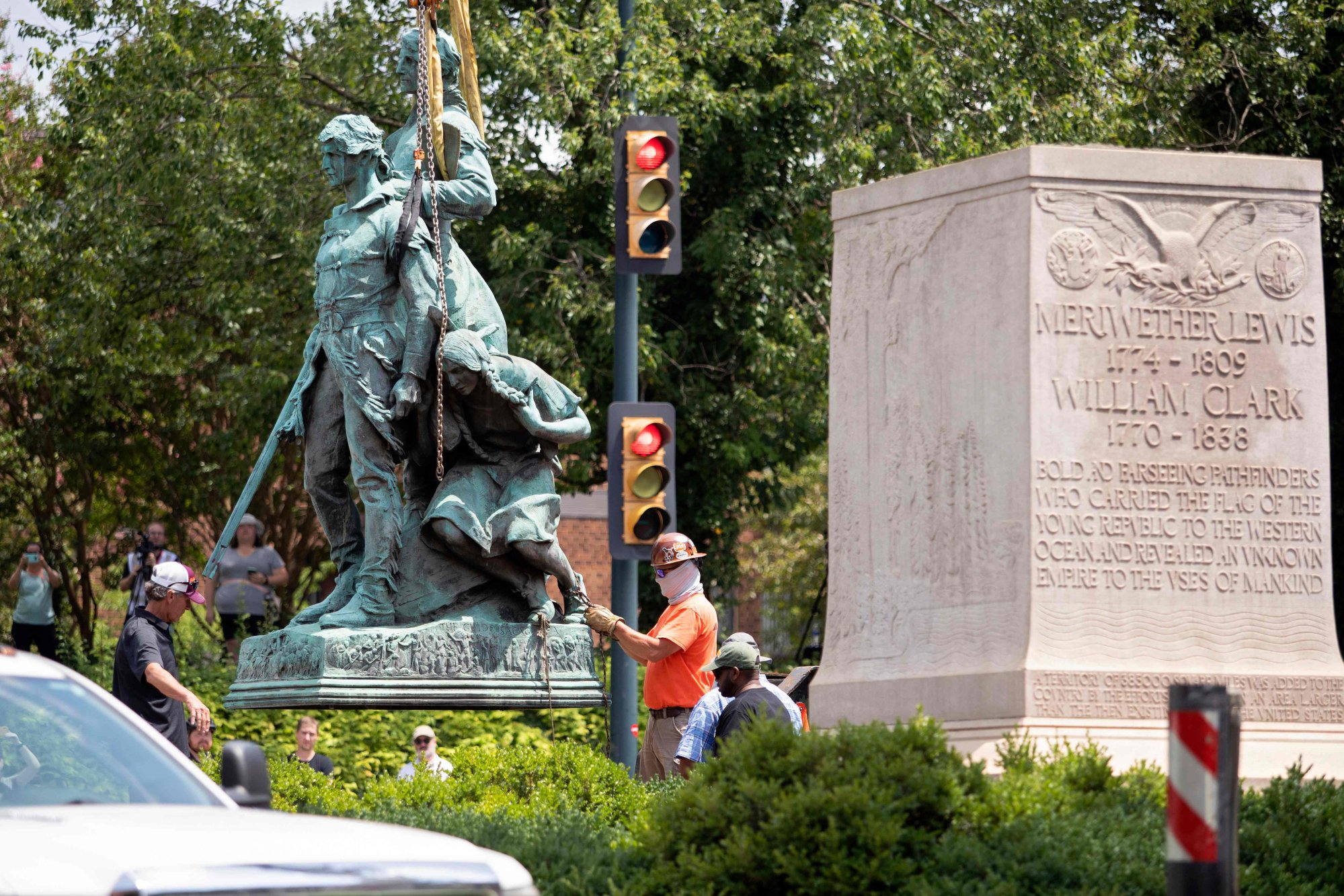Yet America’s liberal political culture has made a huge difference to the liberal international order that has existed since the second world war. Today’s world would look very different if Hitler had emerged victorious or if Stalin’s Soviet Union had prevailed in the Cold War.
As president John F. Kennedy put it: “The ‘magic power’ on our side is the desire of every person to be free, of every nation to be independent … It is because I believe our system is more in keeping with the fundamentals of human nature that I believe we are ultimately going to be successful.” Enlightenment liberalism holds such rights to be universal, not limited to the US.

Americans have also differed over how to promote liberal values in foreign policy. For some, the universalist project became an excuse to invade other countries and impose friendly regimes. Racism undoubtedly played a role in US interventions in places such as Mexico, Haiti and the Philippines.
For others, however, liberalism was the impetus for creating a system of international law and institutions that protect domestic liberty by moderating international anarchy.

The founders themselves worried about the new republic losing its virtue, as the Roman republic had done. In the 19th century, European visitors as diverse as Alexis de Tocqueville and Charles Dickens noted the American obsession with virtue, progress and decline. But this moral concern was more inward than outward looking.
The third source of American exceptionalism underlies the others: America’s sheer size and location has always conferred a geopolitical advantage. Already, in the 19th century, De Tocqueville noted America’s special geographical situation. Protected by two oceans and bordered by weaker neighbours, it was able to focus largely on westward expansion throughout the 19th century, avoiding Europe-centric struggles for global power.
But when the US emerged as the world’s largest economy at the beginning of the 20th century, it began to think in terms of global power. After all, it had the resources, the leeway, and ample opportunities to indulge itself, for good and for ill.
It had the incentive and capability to take the lead in creating global public goods, as well as the freedom to define its national interest in broad ways. That meant supporting an open international trading system, freedom of the seas and other commons, and the development of international institutions. Size creates an important realist basis for American exceptionalism.
How the US’ exceptional industrial policy is killing globalisation
How the US’ exceptional industrial policy is killing globalisation
Isolationism was America’s answer to the 19th century global balance of power. The relatively weak American republic could be imperialistic towards its small neighbours, but it had to follow a cautiously realist policy vis-à-vis European powers.
But as America’s power grew, its options increased. An important turning point came in 1917, when president Woodrow Wilson broke with tradition and sent two million Americans to fight in Europe. Although the liberal League of Nations that Wilson created at the end of the war was repudiated by his fellow Americans, it laid the basis for the United Nations and the liberal order after 1945.
Today, President Joe Biden and most Democrats say they want to maintain and preserve the existing order, whereas Donald Trump and the America firsters want to abandon it, and “retrenchers” in both parties hope to pick and choose among the remains. Ongoing conflicts in Europe, Asia and the Middle East will be strongly affected by whichever approach prevails in next year’s election.

